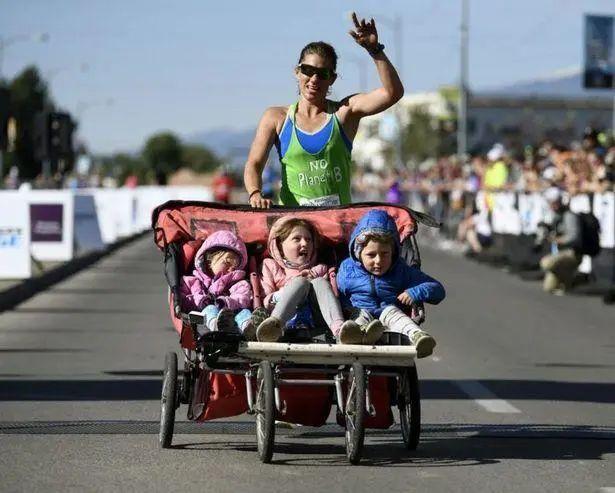In various cultural contexts, children who show maturity are often regarded as virtuous, and parents take comfort in their ability to consider others, care for younger siblings, and follow rules. However, when maturity becomes the dominant theme of childhood, children’s genuine emotional needs and mental health development may be overlooked. This article explores the side effects behind maturity and how to address them properly.
Mature children are often expected to exhibit maturity beyond their age, which may lead them to hide personal needs and emotions. Over time, self-sacrifice and emotional suppression can place a heavy burden on their psychology. They learn to prioritize others but may gradually neglect or even deny their own feelings, which can weaken their sense of self-worth, harm their self-esteem, and potentially lead to depression and anxiety. At the same time, these children vacillate between seeking external validation and maintaining their true selves, enduring dual pressures, which challenges their mental health.
Premature maturity may lead to deficiencies in emotional expression and processing abilities, blurred interpersonal boundaries, confusion in self-awareness, and an excessive pursuit of perfection. To promote the healthy development of mature children, parents and educators should:
Encourage free emotional expression and create an environment where children can share their feelings and needs with ease.
Respect and encourage individual development, supporting children to explore personal interests and dreams.
Set reasonable goals appropriate to age and ability to alleviate unnecessary pressure.
Provide psychological support when children encounter difficulties and guide them to seek professional help when necessary.
Parents should also demonstrate healthy emotional management through their actions, engage in open conversations with their children to understand their inner world, and cultivate their self-esteem and confidence. Mature children desire not only praise but also deep understanding and support. Society should work together to create spaces for these seemingly strong children to express themselves and grow, collectively promoting their mental health and safeguarding a joyful and carefree childhood.


